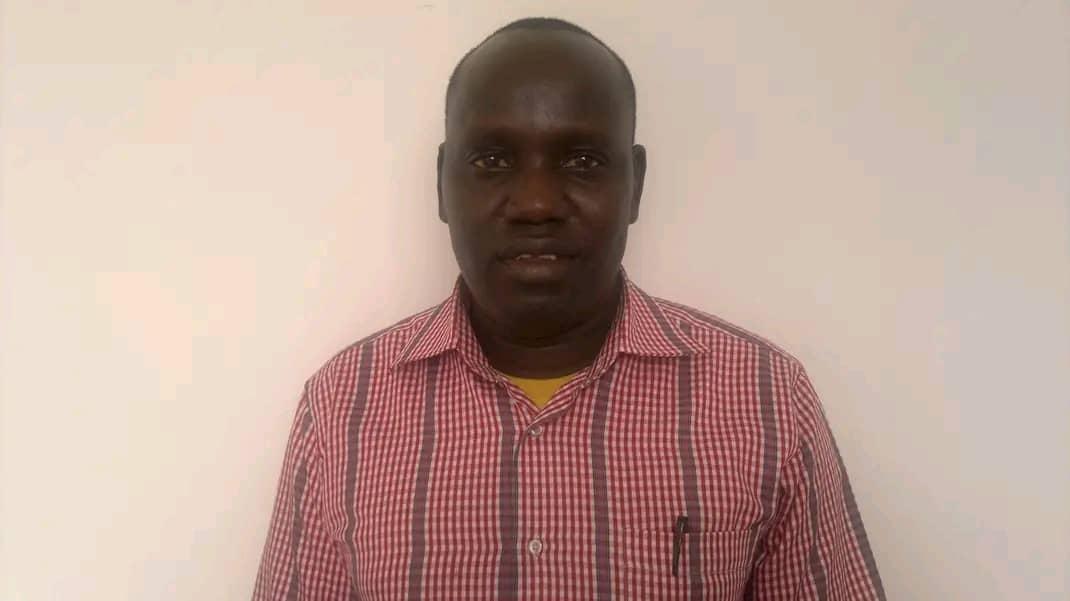Africa-Press – South-Sudan. Health officials in South Sudan’s Northern Bahr el Ghazal State have announced the arrival of a new consignment of drugs to treat leprosy, tuberculosis (TB), and other infectious diseases, after more than a year of shortage.
Luka Lual Aleu Jok, the Ministry of Health’s focal point for leprosy and tuberculosis in the state, confirmed the development in a phone interview from Aweil Town on Monday. He described the delivery as a timely and life-saving intervention.
“This is great news for our communities,” Aleu said. “For the past year and a half, patients suffering from leprosy have been struggling to access medication. Now that the new consignment has arrived, we can finally begin treating them again.”
According to Aleu, the drugs will be distributed across three treatment centers — Gordhim Hospital in Aweil East County, Aroyo Hospital in Aweil Center County, and Nyamlel Hospital in Aweil West County. He urged patients to visit the facilities and assured them that the medication will be provided free of charge.
“These drugs are being given at no cost. Anyone in need of treatment should come forward without fear,” he emphasized.
The new supply, Aleu said, also includes medicines for tuberculosis and HIV-related infections. He noted that leprosy is fully treatable when patients adhere to the prescribed medication, adding that awareness and timely treatment are crucial in eradicating the disease.
“Leprosy is curable, but patients must complete the full course of treatment as instructed by doctors,” he said.
Leprosy is a chronic infectious disease caused by Mycobacterium leprae. If left untreated, it can cause nerve damage, skin lesions, and disability. However, with proper medication, most patients recover fully.
The consignment was delivered through the Ministry of Health in partnership with the Arkangelo Ali Association (Triple A) and other health partners.
The health official also called on residents to overcome stigma associated with leprosy and HIV, saying discrimination prevents many patients from seeking treatment early.
“Stigma remains a major barrier. Some people hide their relatives who are sick because they fear community judgment. We are urging everyone to come for testing and treatment at the designated centers,” Aleu appealed.
The arrival of the consignment is expected to ease the growing burden of leprosy and tuberculosis in Northern Bahr el Ghazal, where health facilities have struggled to respond to rising cases over the past year.
For More News And Analysis About South-Sudan Follow Africa-Press






